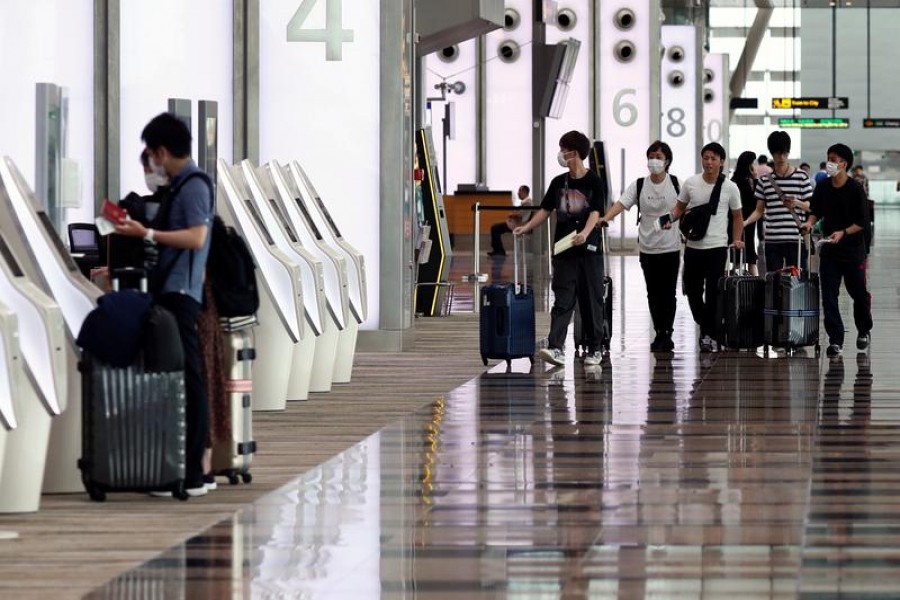Monkeypox: First Singapore case recorded in British flight attendant

Published :
Updated :

Singapore has recorded its first recent case of monkeypox in a British flight attendant who entered the country last week.
Authorities on Tuesday disclosed the case, saying the 42-year-old man had flown in and out of the city state in mid-June.
It marks the first recorded case of monkeypox in South-East Asia linked to a recent global outbreak, reports the BBC.
More than 2,100 cases have been detected in 42 countries since May.
According to the World Health Organization (WHO) over 80 per cent of cases have been found in Europe, but the disease has also spread to North America, South America and Australia. The WHO has recorded one death in this outbreak.
The disease typically occurs in remote parts of central and west African countries, but there have been unusually high numbers of people infected with monkeypox outside of Africa this year with no travel links to the region.
In Singapore, health officials said the man was in a stable condition after testing positive for the disease on Monday and had been taken into an isolation ward.
Thirteen of his close contacts have also been put in quarantine. They were his crew and airline colleagues, some media outlets reported.
South Korean authorities on Tuesday also confirmed their first suspected cases of the disease.
Monkeypox is caused by the monkeypox virus, a member of the same family of viruses as smallpox, although it is much less severe.
Symptoms of monkeypox include a rash which starts on the face and spreads to the body.
The WHO says the risk to the general public remains low as transmission between humans requires close or direct physical contact with infectious lesions or ulcers.


 For all latest news, follow The Financial Express Google News channel.
For all latest news, follow The Financial Express Google News channel.